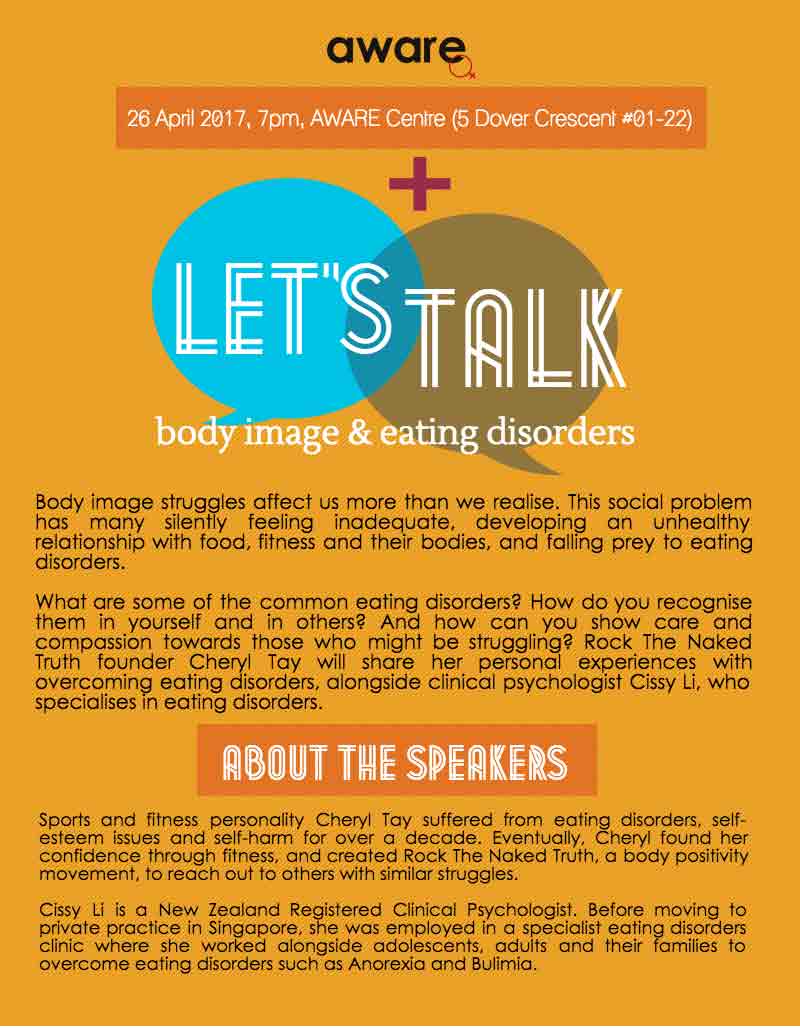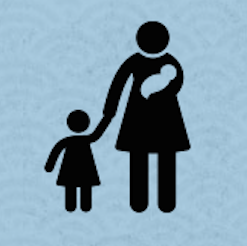
Single parents in Singapore grapple with a myriad of problems and restrictive rules when it comes to meeting a basic need – housing. Think this should change? Learn more at our upcoming dialogue session on housing access for single parent families. Read more about our recommendations for how policies should be more inclusive of single parent families.
Below is Rosa’s story on her experiences with applying for housing.
Rosa* is an unmarried mother of a five-month-old baby. They are currently living in Rosa’s friend’s flat.
When Rosa was married in 1997, she lived in an HDB flat co-owned by her then-husband and mother-in-law. As she was only 19 years old then, she did not really understand the HDB policies and signed whatever documents her ex-husband told her to sign. Although she was not a co-owner of the flat, her ex-husband received the First-Timer grant for married couples and she was considered to have used up her first-timer rights as well.
On the day of her divorce in 1998, Rosa was kicked out of the flat and spent the night in the void deck. She returned to the flat in the morning to collect her belongings.
“I was only 20/21 years old when I went through my divorce and I had to go through it alone. Nobody was there to help me (in court).”
Rosa then moved into her parents’ (father and step-mother) flat. However, her parents were undergoing divorce at that time and so she soon had to find alternative living arrangements.
Two years later, she shifted into her then-boyfriend’s house. They lived together from 2001 to 2005.
Since then, she has been moving around renting from the private market or living with her friends, with no permanent place to call her home.
In 2013, Rosa went to HDB to try to get a public rental flat but was told that she needed a spouse before she could rent. She then tried to rent with a friend, but their combined incomes exceeded the income cap of $1,500. At that time, she was earning $2,500.
Rosa then switched to a part-time job with a lower income in order to earn below the income cap, but her friend decided that she did not want to rent anymore as she was getting married.
In 2014, Rosa and another friend tried to buy a flat together under the Joint Singles Scheme. However, she did not have enough CPF savings to afford the flat.
Rosa is estranged from her father and siblings. When she revealed her pregnancy in late 2016 to her family, she got into a fight with them and her father used denigrating words to describe her. Rosa described her siblings as “one year one time siblings”. Her family – save for one sister – has not reached out to offer support or check in on her at all since the birth of her son six months ago.
Without anyone to support her in childcare, Rosa faced a lot of difficulties finding paid work and relied on friends to help take care of her baby while she took on ad-hoc jobs. She also did not have the benefit of maternity leave, given the nature of her employment. She rested only for seven days in her aunt’s house after giving birth to her son and found that she could no longer stay there. No other family members offered to let her stay with them.
Although Rosa and her baby currently have a roof over their heads living in her friend’s flat, Rosa felt that this cannot be a permanent arrangement. She is paying $500 a month for rent, a sum she could barely afford as she earns only about $400 a month from ad-hoc jobs. When her friend’s relatives came to visit, her friend would request that Rosa leave the flat with her baby.
“This is my friend and her husband’s flat… It’s their first home and they want privacy… I’m always thinking ‘where do we go now?’ ‘where should we go next?’”
Rosa has seen two MPs when she was pregnant in order to appeal to HDB for a flat (either rental or purchase). However, the response from HDB was that Rosa should stay with her father who is currently living in a four-room flat with his current wife (her father is not a co-owner of the flat).
““We encourage you to stay with (your father) for mutual care and support, since family should be the first line of support for those who are in need” read the HDB letter. However, this was not a feasible solution as Rosa shared an acrimonious relationship with her father.
Rosa also expressed that she experienced shame and stigma from her community for being an unmarried mother. She was also worried about being able to support her baby. Although her baby qualifies for a Child Development Account, Rosa has not received any letter informing her about it. She also did not qualify for financial assistance in terms of Baby Bonus.
“I don’t want my baby to go through what I’ve been through. Who will take care of my baby if something happens to me?”
She received assistance for her hospitalisation fees when she gave birth to her son, and was assigned a medical social worker. Regarding her housing problems, her social worker told her to go to a shelter as a last resort. Rosa now receives financial aid from MSF. However, it is a tight amount ($600) that has to go into her rental and all the costs that come with raising a baby by herself.
* Pseudonym




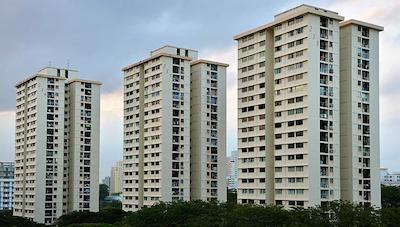

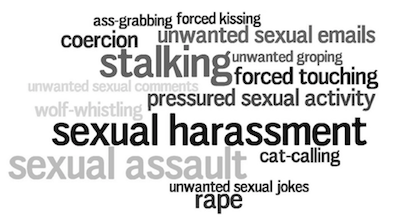 We are disturbed by the statements in the recent judgment (“
We are disturbed by the statements in the recent judgment (“
 AWARE responded to the ongoing consultation regarding proposed changes to the Administration of Muslim Law Act (AMLA). We offer these comments in the hope that the forthcoming changes can more robustly promote gender equality in outcomes under AMLA.
AWARE responded to the ongoing consultation regarding proposed changes to the Administration of Muslim Law Act (AMLA). We offer these comments in the hope that the forthcoming changes can more robustly promote gender equality in outcomes under AMLA.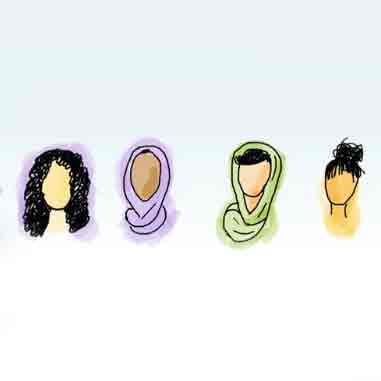 We were delighted that support for women’s aspirations was affirmed by Parliament for the first time (“More women should break glass ceiling, says Chuan-Jin”, 5 Apr).
We were delighted that support for women’s aspirations was affirmed by Parliament for the first time (“More women should break glass ceiling, says Chuan-Jin”, 5 Apr).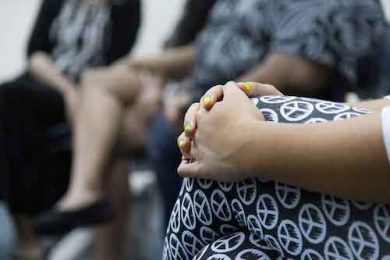 Background
Background